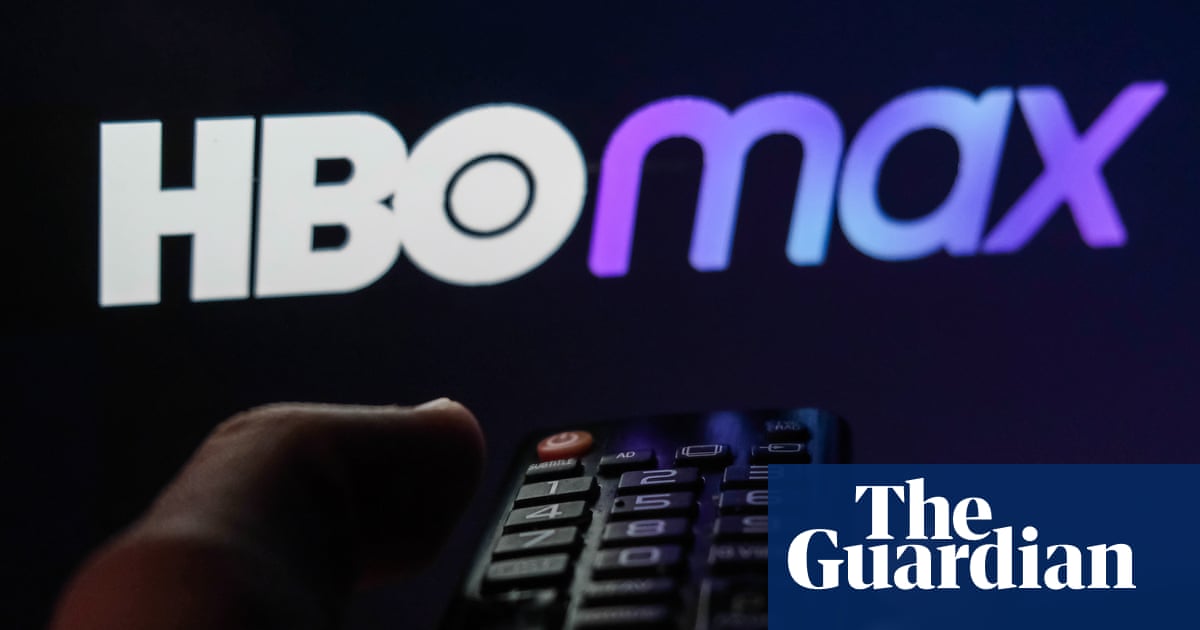Executives at Warner Bros Discovery, the vast media conglomerate, had a bright idea to turbocharge the growth of its streaming service in 2023: rebrand its famous streaming serviceHBO, home to everything fromThe SopranosandGame of ThronestoThe Last of Us, from HBO Max to Max.
The move was made becauseHBOwas not the sort of place “parents would most eagerly drop off their kids”, said the head of streaming, JB Perrette. Fast forward two years, and on Wednesday, executives at the same company unveiled a new bright idea: re-rebrand the service from Max to HBO Max.
The move will “further accelerate” the platform’s growth, according to David Zaslav, president and CEO ofWarner BrosDiscovery, or WBD.
“Returning the HBO brand into HBO Max will further drive the service forward and amplify the uniqueness that subscribers can expect from the offering,” a press release claimed, adding the reversal was “also a testament to WBD’s willingness to keep boldly iterating its strategy and approach”.
It is the latest big branding decision by a top media firm this month to raise eyebrows.
As Comcast moves to spin off cable networks including CNBC, MSNBC and E!, it was announced last week they would be owned a firm called Versant. The name is designed toemphasize the firm’s versatility, executives explained, andselected“after months of presentations and conversations”.
WBD owns an array of media businesses, including the Warner Bros movie studios; the DC Comics franchise; and a string of cable networks including the CNN news network and, yes, HBO, home to hit premium shows such asThe White LotusandGame of Thrones.
Its streaming platform Max, formerly and soon to be known again as HBO Max, launched in 2020 and includes popular archive series includingFriends; movie franchises includingHarry Potter; as well as HBO shows.
WBD had 122.3 million subscribers at the end of March, and is pushing for more than 150 million by the end of next year. Shares in the conglomerate have struggled in recent years, however, and are down 15% since the start of 2025.
